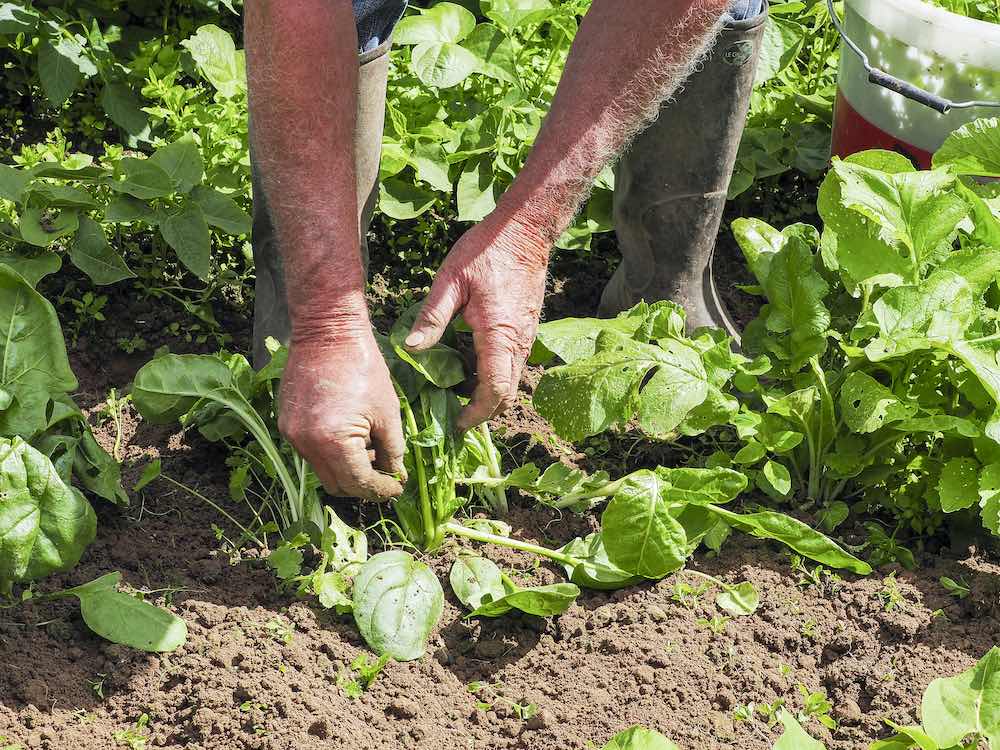
Decades of adverse agricultural practices and chemical pesticide use have depleted the supply of natural beneficials. Beneficials are organisms that benefit the growth of crops and include insects, microorganisms, and plants. Beneficials provide pest control and pollination, and they encourage crop resilience and soil health.
Biologicals are tools for the sustainable agriculture of the future, because they are not only safe for beneficials but can also trigger the beneficials themselves to protect crops. Biologicals are a class of agricultural products that include biopesticides, biofertilizers, and biostimulants that are derived from natural materials, such as animals, plants, bacteria, or minerals.
Among biologicals, biopesticide products in particular have enjoyed widespread adoption. They also have the most potential to contribute to a reinvigoration of beneficials and thereby lay a foundation for further innovations utilizing other biologicals. According to the U.S. Environmental Protection Agency, biopesticides include naturally occurring substances and microorganisms that control pests and pesticidal substances produced by plants containing added genetic material (plant-incorporated protectants).
REPOSTED FROM NEWS.AGROPAGES.COM - READ FULL ARTICLE HERE